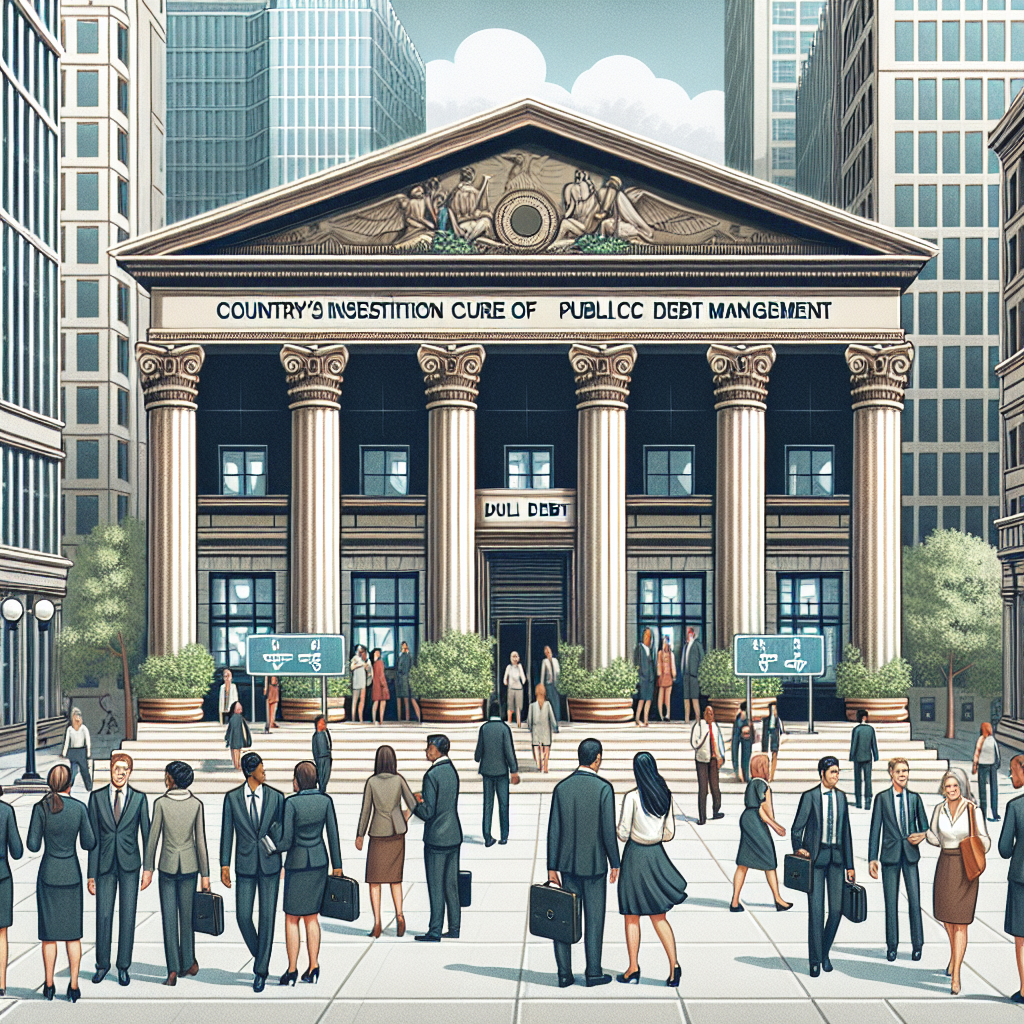Britain Decides Against Extending Tax-Free Earnings Freeze Beyond 2029
Britain's finance minister Rachel Reeves announced in her first budget speech that the country will not continue the tax-free earnings freeze beyond 2028-2029. This policy, first set by the Conservative government, aimed to raise significant public revenue but faced criticism for affecting working people.

- Country:
- United Kingdom
In a significant move, Britain's finance minister Rachel Reeves declared that the government will not extend the freeze on tax-free earnings beyond 2028-2029. This decision marks a departure from the policy established by the former Conservative administration.
The freeze, initially introduced in March 2021, was expected to bring in an additional £33.6 billion per year by 2028/29. However, it faced backlash as a 'stealth tax', putting pressure on working citizens and pushing many into higher tax brackets.
Prime Minister Keir Starmer assured the electorate that income tax rates would remain unchanged for working individuals. Currently, the tax-free allowance threshold and higher rate threshold stand at £12,750 and £50,270 annually, and these will now be adjusted in line with inflation from the 2028-29 financial year.
(With inputs from agencies.)
ALSO READ
Rachel Reeves' Historic Budget: Navigating Fiscal Realities
Rachel Reeves Predicts Britain's Swing from Deficit to Surplus
Rachel Reeves Unveils Landmark Budget: Tax Hikes and New Fiscal Rules
Rachel Reeves Unveils Transformative UK Budget
Rachel Reeves' Tax Hike: A Bold Bet on Britain's Economic Future










